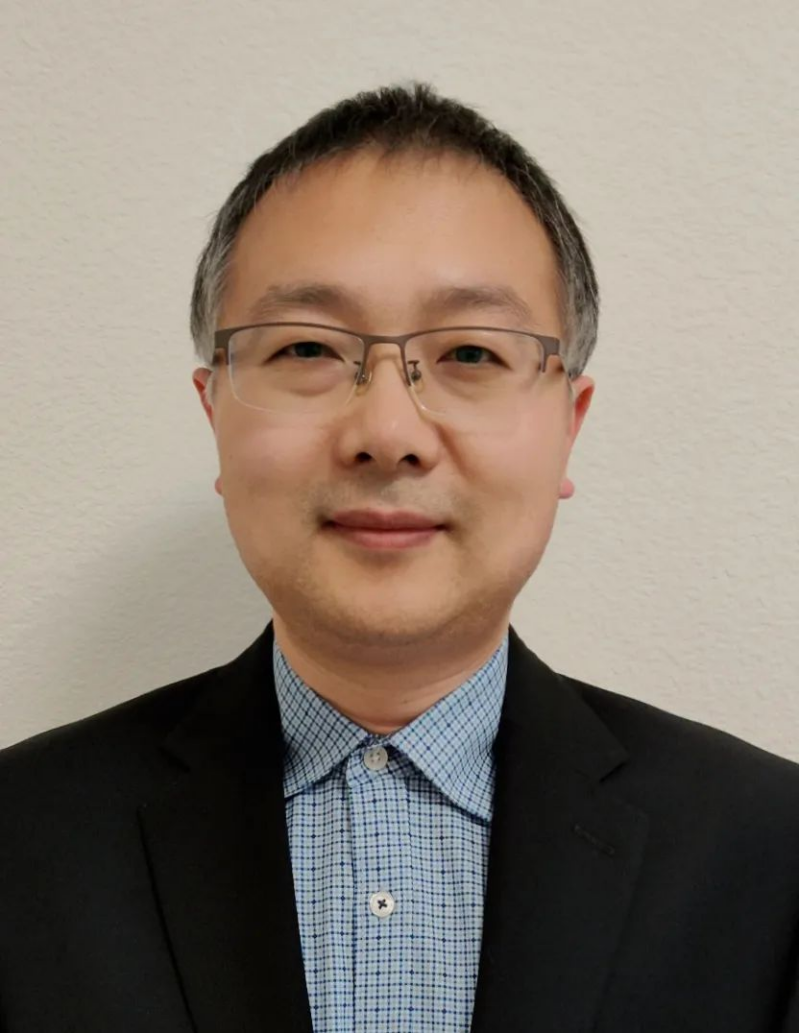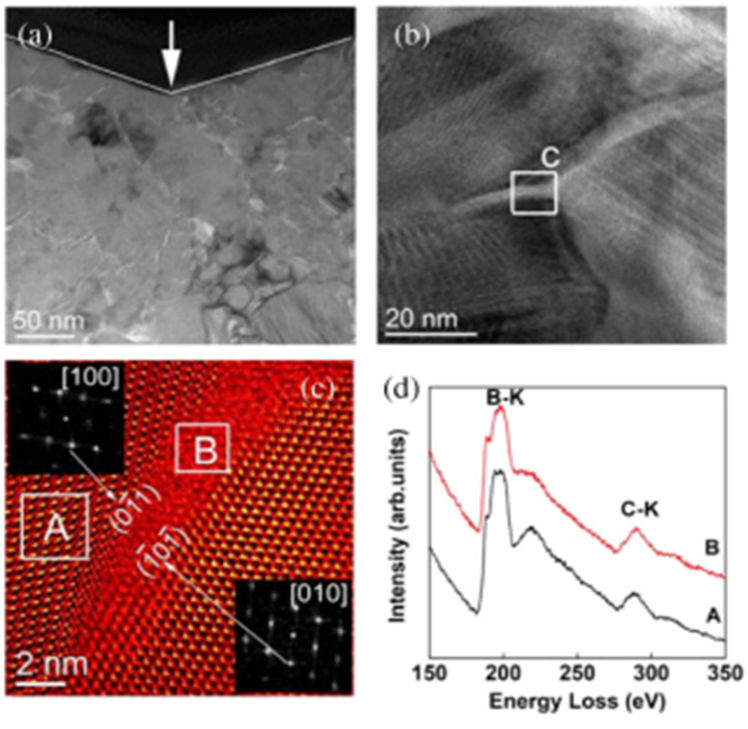报 告 人:Qi An美国内华达大学雷诺分校
报告题目:Enhancing Ductility of Ceramics through Microalloying and Light Irradiation
报告时间:2022-05-03 上午10:00
腾讯会议:189-263-937
报告人简介

Dr. Qi An is an Assistant Professor in Materials Science Program at the University of Nevada, Reno (UNR). He received his MS and PhD degrees in Materials Science from Caltech, and his BS degree from the University of Science and Technology of China. His research area is computational materials science covering machine learning, electronic structure calculations and atomistic simulations. His research specifically focuses on mechanical properties of superhard ceramics, semiconductors, and thermoelectric materials; computational alloy design; metallic glasses; material behaviors under extreme conditions; and heterogeneous catalysis. He has authored or co-authored over 170 publications in scientific journals.
报告摘要

Ceramics play an essential role in key technological advancements in many areas such as electronics, body armor, energy, and more. However, their extensive engineering applications are seriously hindered by the intrinsic brittleness originating from the strong chemical bonding. The complex structures and chemical bonding pose great challenges to developing high strength yet ductile ceramics in expensive and time-consuming experiments. Computer simulations may dramatically accelerate the design of novel ceramics with desirable properties. In this talk, we illustrate how to improve the ductility of ceramics via microalloying and light irradiation via a quantum mechanics (QM) based framework integrating density functional theory (DFT), constrained DFT, and machine learning force field (ML-FF). First, we use boron carbide (B4C) as the prototype system and show how to enhance ductility through microalloying. The DFT and ML-FF simulations indicate that the brittle failure of B4C arises from the formation of higher density amorphous bands due to fracture of the icosahedra, a unique feature of B4C. The mechanism of stress-induced amorphization suggests that it can be mitigated via atomic doping (e.g. P and Al). Particularly, the deformation mechanism transforms from amorphization to stacking fault (SF) formation by microalloying Al into B4C. This SF formation originates from the enhanced icosahedral slip as the Al is incorporated. Then, we report the theoretical studies on the photomechanical behaviors in II-VI and III-V semiconductors. We show that the bond strength of semiconductors is very sensitive to the local electron distribution, able to be effectively modified via the electron-hole (e-h) pairs induced by photoexcitation. Particularly, sphalerite ZnS transforms from a dislocation dominated deformation mode in the ground state to a twin dominated deformation mode with bandgap electronic excitations, leading to brittle failure under light illumination. The new knowledge gained is important for the future design of novel ceramics with enhanced ductility via controlling dopants and external fields.